TSMC has landed orders from approximately 15 customers to make chips on its N2 (2nm-class) manufacturing process, according to a claim made by a high-ranking executive from KLA, a major wafer fab equipment (WFE) maker. The majority of clients to use TSMC's 2nm-class production node are developers of processors for high-performance computing (HPC) applications, which, in TSMC's definition, spans from PCs to game consoles and data centers.
"The N2 node has 15 or so customers doing designs," said Ahmad Khan, President of KLA's combined product and customer organization, Semiconductor Products and Customers, at the Goldman Sachs Communacopia + Technology Conference 2025. "At N2, you have got 10-ish high-performance compute customers doing designs. […] We think the N2 node will probably be the largest over the first three years or so, node from an overall design point of view."
In recent years, TSMC has emphasized that its N2 (2nm-class) fabrication technology is more popular than its N3 (3nm-class) and N5 (5nm-class) manufacturing processes at the same stage of development. The development has resulted in a considerably higher number of new tape-outs (NTOs) during the first and second years of availability. However, TSMC has never disclosed the actual number of customers. Instead, the company traditionally focuses on the relative number of designs.
While the President of KLA's Semiconductor Products and Customers division only mentions N2, he likely refers to the whole family of N2-branded fabrication technologies — including N2, N2P, and N2X manufacturing processes — which will ramp over the next few years.
Traditionally, Apple has been the earliest adopter of TSMC's leading-edge fabrication technologies, staying ahead of the industry by at least a year. It adopted N5 two years before AMD and Nvidia, and began utilizing N3B over a year before Intel. This is not the case with N2, as multiple companies have either confirmed their N2 tape-outs already or are rumored to have reached this milestone.
Apple will almost certainly remain TSMC's alpha customer for N2 with its next-generation A19/A19 Pro application processors for smartphones and tablets, its 2026 M-series SoCs for Macs, and upcoming modem chips. However, AMD and MediaTek have formally confirmed plans to ramp up their N2-based server and client processors in 2026. On the other hand, Intel disclosed that some of its codenamed Nova Lake processors, due to be released next year, will rely on a foundry node, which is rumored to be N2. Broadcom and Qualcomm will almost certainly jump on the N2 bandwagon rather sooner than later, as advantages offered by the technology — enabled by gate-all-around (GAA) transistors, revamped power delivery, and NanoFlex — both for data center and mobile processors are too appealing to ignore.
The increased number of clients and designs for the N2 fabrication process in the first year are two reasons why TSMC is going to ramp up three N2-capable fabs over the next several quarters in Taiwan and is speeding up building N2-capable Fab 21 module 3 in Arizona.
We have reached out to TSMC to confirm the number of N2 clients, but the company has yet to respond.
Follow Tom's Hardware on Google News to get our up-to-date news, analysis, and reviews in your feeds. Make sure to click the Follow button.

 1 month ago
9
1 month ago
9
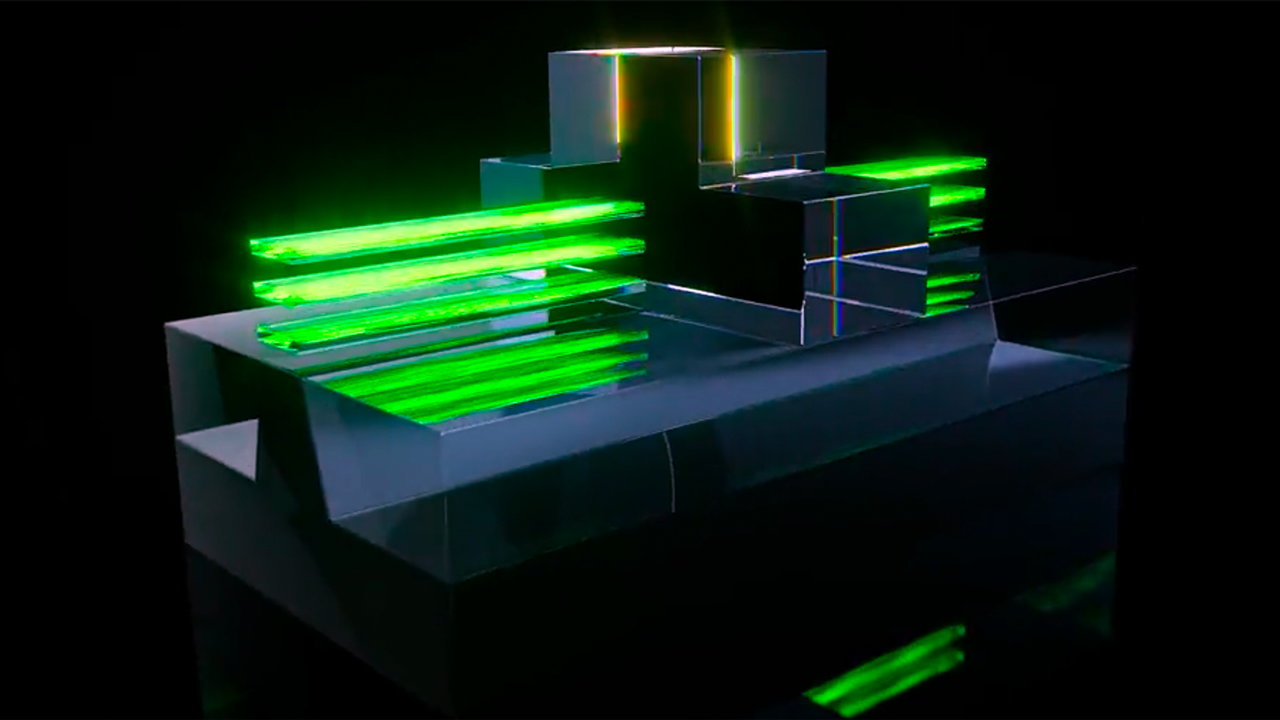
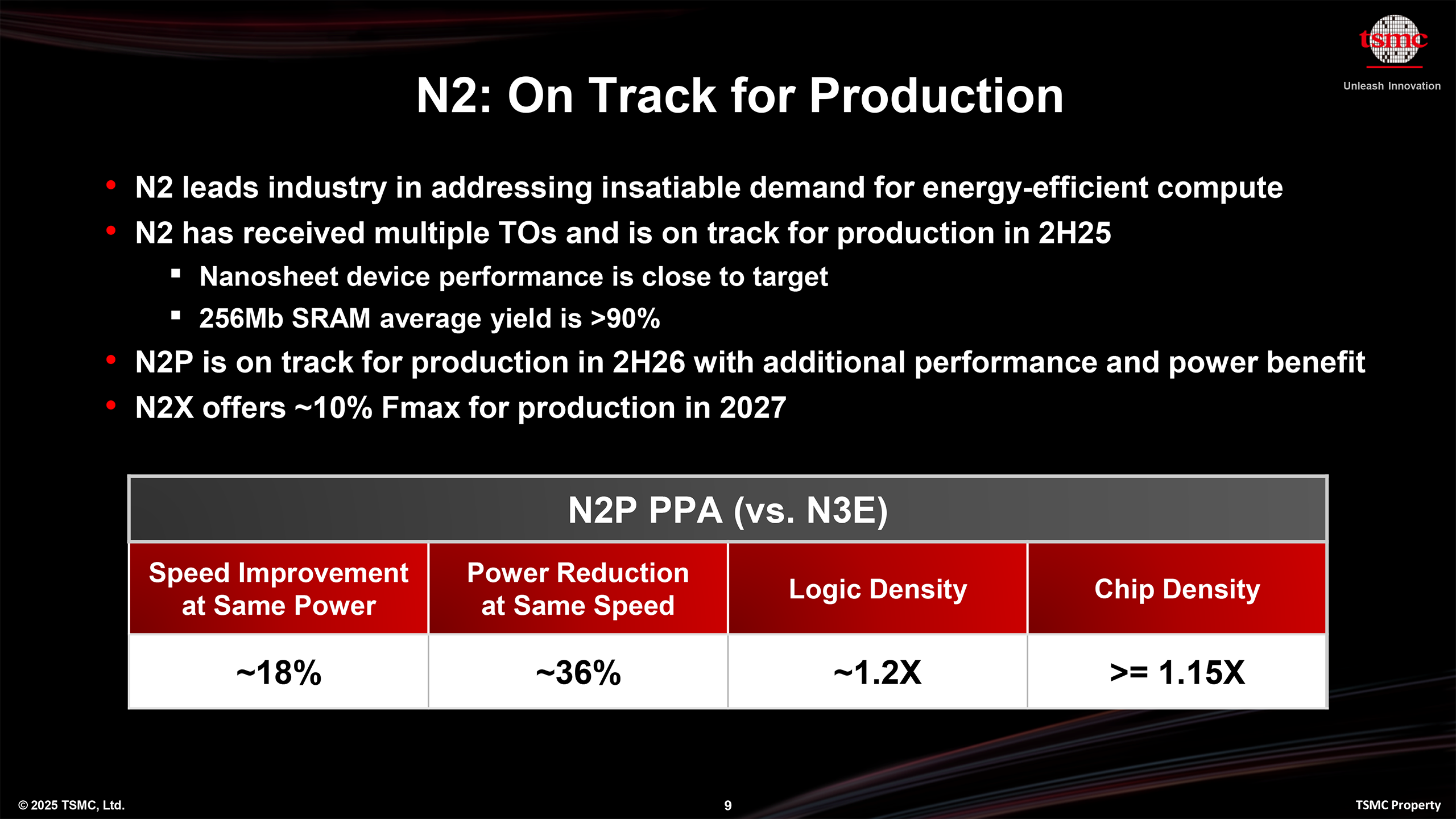
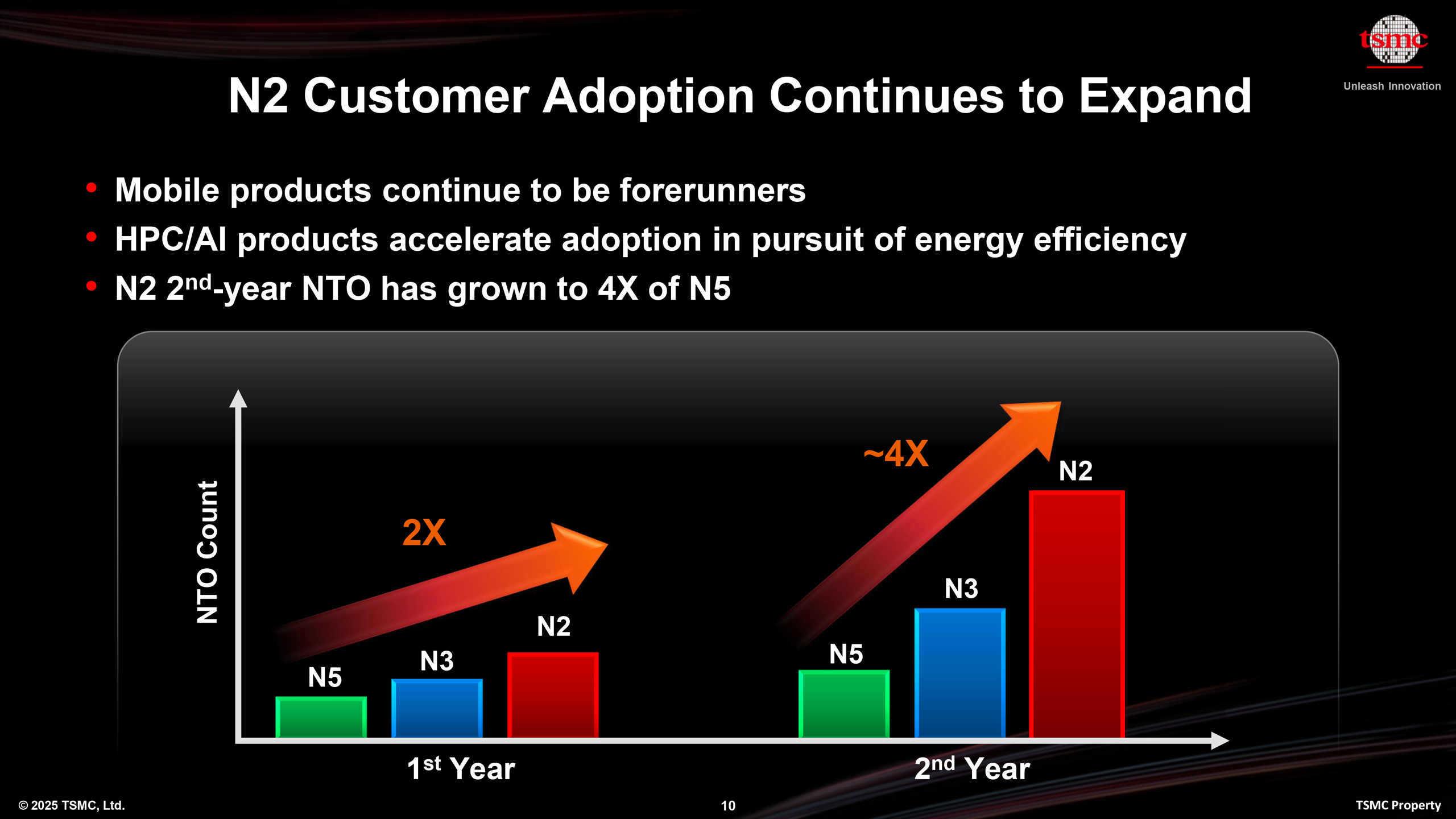
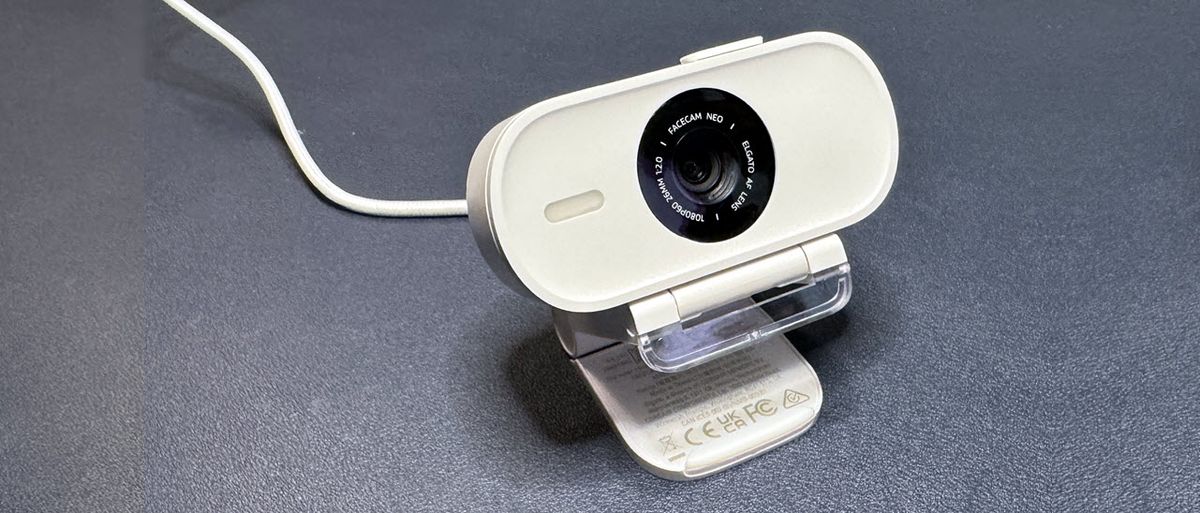
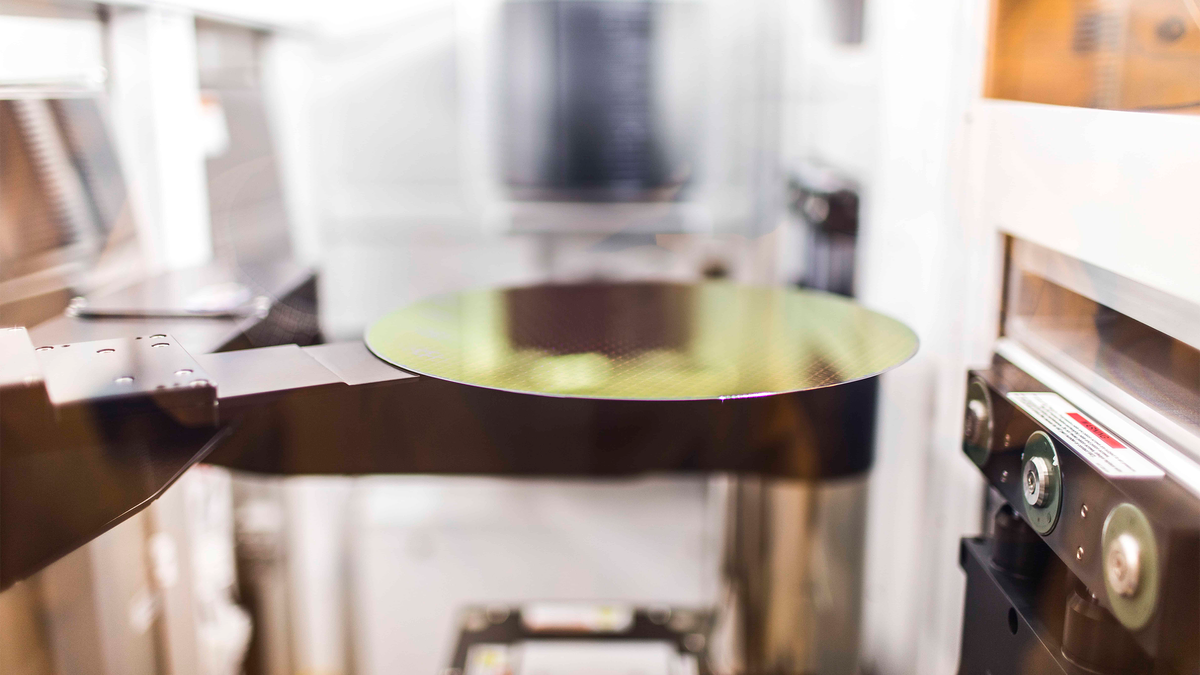

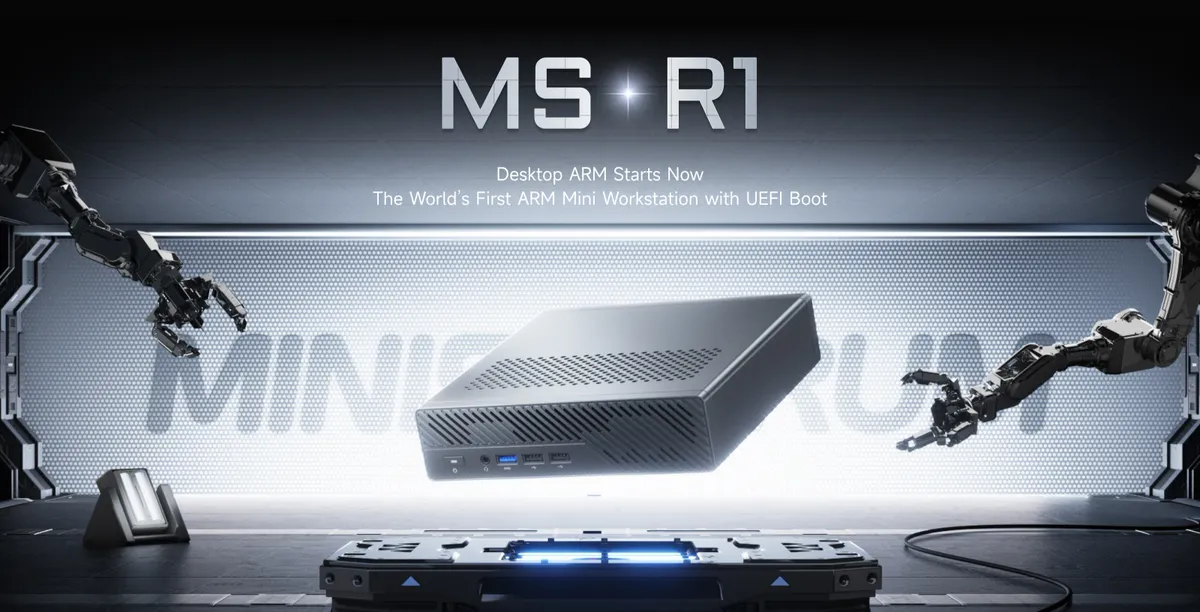





 English (US) ·
English (US) ·